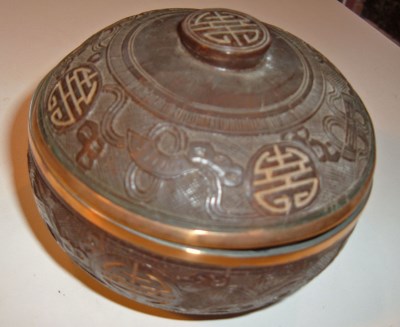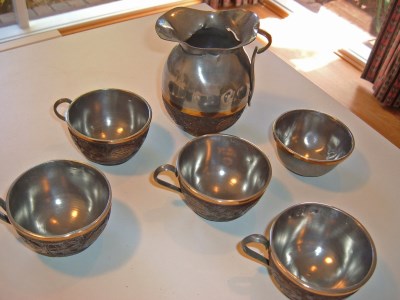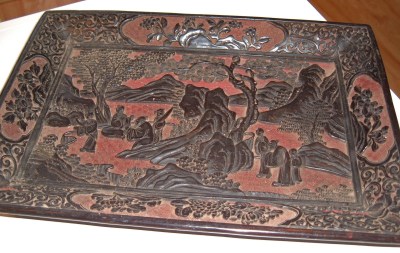
PNGAA Library
Enchanting Rabaul: An adventure and a riddle: Robyn Watters

What is it about Rabaul that enchanted my Great Uncle Ted to entice him to stay there on and off for nearly 15 years?

Surely it was more than escaping Melbourne’s dreary weather. Ted’s curiosity about far flung places and a desire for a life unfettered by the expectations of the times drew him to Rabaul. His motivation was not much different from thousands of others who have descended upon Papua New Guinea and surrounds over the past 150 years. But Ted made his mark with consequences still being felt today.
You see Ted’s job was to decide property entitlement after the Germans were seen off during WW1. Property holding in Rabaul and New Britain today has its genesis in the decisions that this Special Magistrate made in 1924. Yes, others gave him the imprimatur to do so but Ted was the actual decision-maker.
Edwin Tylor Brown was no bush lawyer; he was educated at Wesley College and University of Melbourne (Ormond College) and had won a glittering array of prizes and scholarships along the way. He was tall, searingly intelligent (hidden by a sometimes mild demeanour), endlessly curious and had the advantage of seamlessly fitting into any society. His initial posting to Rabaul was as a Captain with the Australian Naval and Military Expeditionary Force in 1917, aged nearly 28 This lasted for a couple of years but he stayed on until at least 1930. He was not a ‘cut and run’ type but genuinely wanted to give back and give back he did.
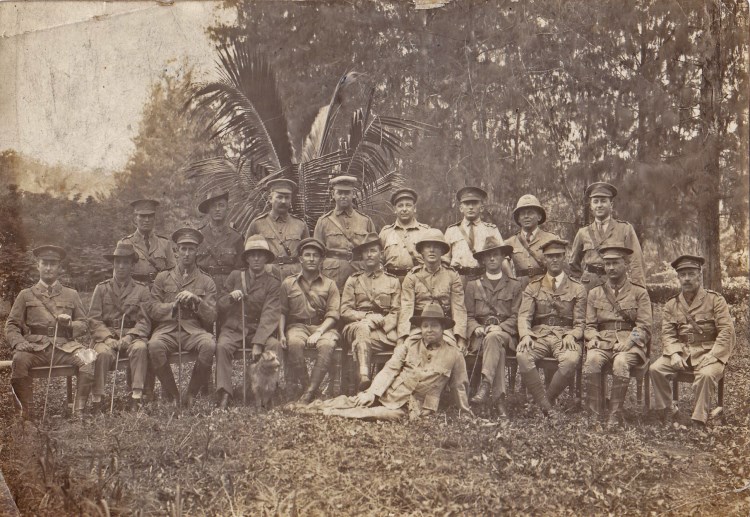
Being loathed is a hazard of the legal job. When his appointment as a Special Magistrate ended, Ted acted as a barrister for the Chinese as well as other clients. The Chinese couldn’t always pay him money but they paid him in kind. Ted brought back the objects d’art (shown in the photos below) given to him by Chinese clients in Rabaul. Pewter, bamboo, cloisonné, cinnabar and china. The hookah resides on the coffee table in my Melbourne sitting room. I’ve always wondered what the inscription on the goblets is. I understand that the tea set was made especially for Ted. If you read Chinese, please let me know what the inscription means!
Ted was comfortable acting for David rather than Goliath: the ‘principle of the thing’ was big with Ted. I would imagine there was many a grateful client whose labour may have been paid for in advance. Where were these labourers to go with the departure of their German masters? What if they had inter-married and wanted or needed to stay? Could they even go back home or would they have been stateless?
Ted took on the lot. Perhaps he remembered his mother walking the eight kilometres into Melbourne’s CBD to sell flowers from his father’s nursery in the 1890s depression and often returning home with the same flowers wilting.
Illustrious as Ted’s legal career was, I’m more interested in Ted’s love life! He was a bachelor until the age of 39, having dodged an army of keen women over the years. Ted was divorced a few years later. That’s where I need your help. He was married in 1928 and divorced on 27 September 1932. There is no record of this divorce in Melbourne.
Ted lived in Rabaul during at least part of this period but I have no record of his wife’s name. I have found a photo amongst his collection but this may be a red herring. Do you know her? Did she accompany Ted to Rabaul or reside in Rabaul before marrying and then divorcing him?
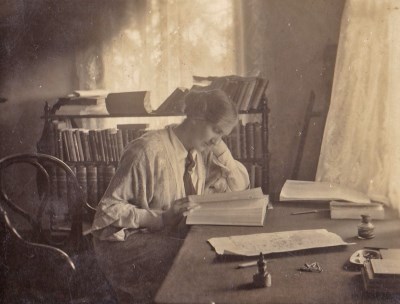
What became of Ted after Rabaul? Well, he took off for Russia and India in the 1930s, wrote books about their society and then spent time in Western Europe. He became an author, doing some legal work along the way to pay the bills. He married for the second time aged 54 to an Australian woman educated at the University of Oxford. Miss Jones was 42 when she married Mr Brown. They divorced when he was 66 and he died aged 67.
Sir Owen Dixon, the Chief Justice of Australia, widely regarded as Australia’s greatest ever jurist (Jim Spigelman, Australia's Greatest Jurist, Sydney, 2003) sent his deepest sympathy to my grandfather, Ted’s brother. The letter described Ted as a ‘great loss to Australia, as he was such a cultured, widely travelled, talented and brilliantly gifted man’.
I sit here looking at a panoramic photograph of Rabaul harbour identified as possibly taken post-war (WW1) on Observatory Ridge at the top of Tunnel Hill road where it goes towards Nonga and the north coast. This view was mounted on Ted’s wall for years. He loved the place and perhaps fell in love there too.
